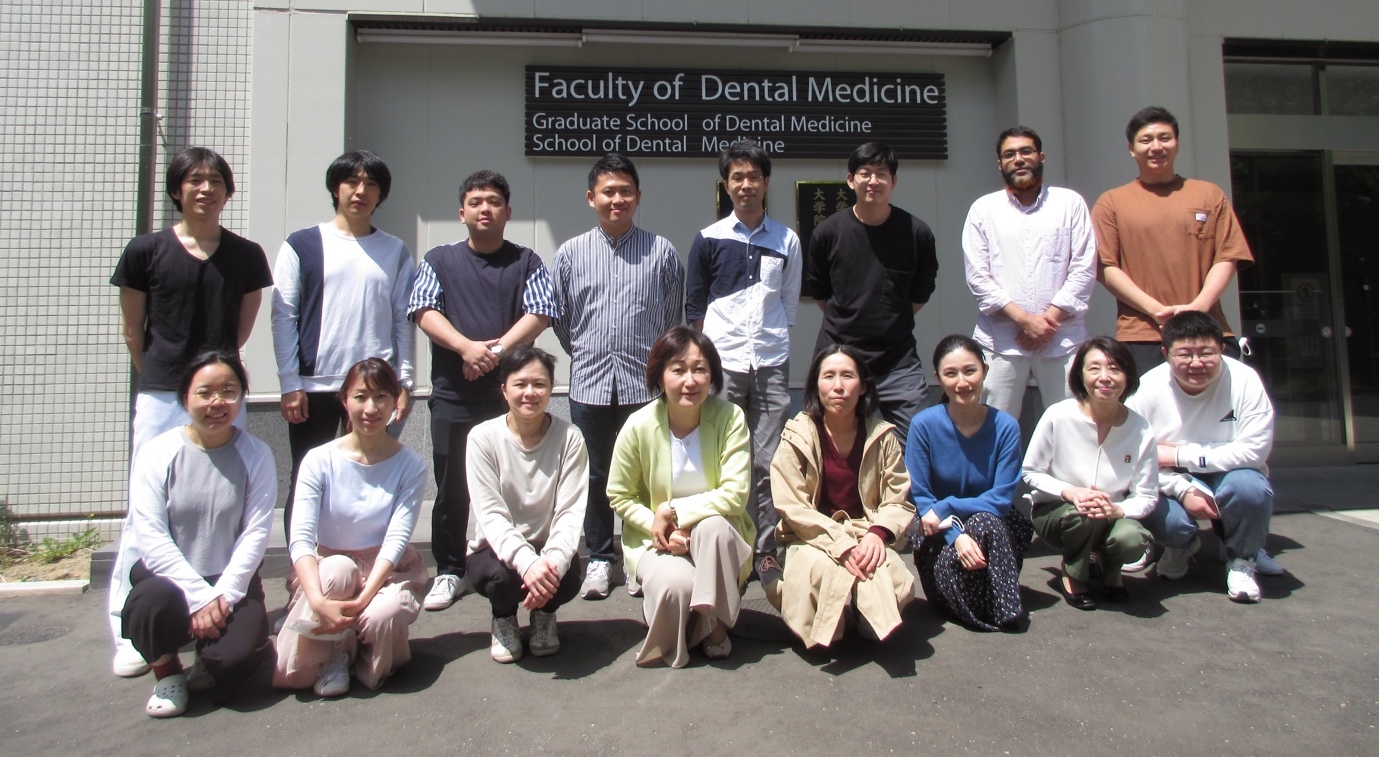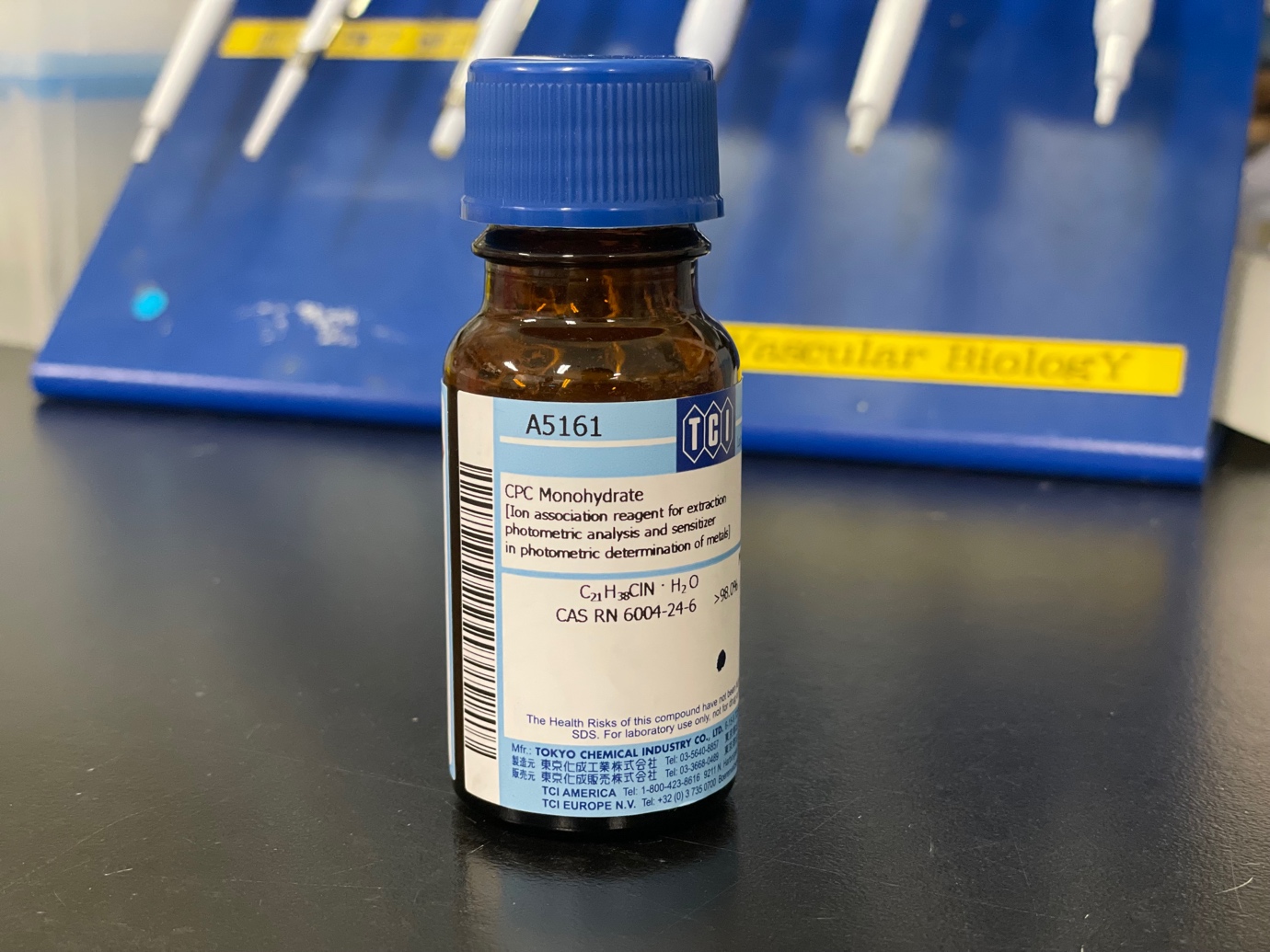Mouthwashes may suppress SARS-CoV-2
Research Press Release | October 06, 2022
Low concentrations of cetylpyridinium chloride, an antimicrobial agent present in mouthwashes, inhibit the infectivity of four variants of SARS-CoV-2.
SARS-CoV-2, the virus that causes COVID-19, is an airborne disease transmitted via aerosols, which are spread from the oral and nasal cavities—the mouth and the nose. In addition to the well-known division and spread of the virus in the cells of the respiratory tract, SARS-CoV-2 is also known to infect the cells of the lining of the mouth and the salivary glands.
A team of researchers led by Professor Kyoko Hida at Hokkaido University have shown that low concentrations of the chemical cetylpyridinium chloride, a component of some mouthwashes, has an antiviral effect on SARS-CoV-2. Their findings were published in the journal Scientific Reports.
Commercially available mouthwashes contain a number of antibiotic and antiviral components that act against microorganisms in the mouth. One of these, cetylpyridinium chloride (CPC), has been shown to reduce the viral load of SARS-CoV-2 in the mouth, primarily by disrupting the lipid membrane surrounding the virus. While there are other chemicals with similar effects, CPC has the advantage of being tasteless and odorless.
The researchers were interested in studying the effects of CPC in Japanese mouthwashes. Mouthwashes in Japan typically contain a fraction of the CPC compared to previously tested mouthwashes. They tested the effects of CPC on cell cultures that express trans-membrane protease serine 2 (TMPRSS2), which is required for SARS-CoV-2 entry into the cell.
They found that, within 10 minutes of application, 30–50 µg/mL of CPC inhibited the infectivity and capability for cell entry of SARS-CoV-2. Interestingly, commercially available mouthwashes that contain CPC performed better than CPC alone. They also showed that saliva did not alter the effects of CPC. Most significantly, they tested four variants of SARS-CoV-2—the original, alpha, beta and gamma variants—and showed that the effects of CPC were similar across all strains.

Antiviral efficacy of CPC against SARS-CoV-2 in cell cultures expressing TMPRSS2. For all of the four strains tested, a concentration of 40 µg/mL of CPC significantly reduced the viral titers, the number of virus particles. Asterisks indicate significant results (Ryo Takeda, et al. Scientific Reports. August 18, 2022).
This study shows that low concentrations of CPC in commercial mouthwash suppress the infectivity of four variants of SARS-CoV-2. The authors have already begun assessing the effect on CPC-containing mouthwashes on viral loads in saliva of COVID-19 patients. Future work will also focus on fully understanding the mechanism of effect, as lower concentrations of CPC do not disrupt lipid membranes.

Ryo Takeda (back row, orange t-shirt), first author, and Kyoko Hida (front row, yellow-green jacket), corresponding author of the study, with members of the Hida Group (Photo: Kyoko Hida).
Original Article:
Ryo Takeda, et al. Antiviral effect of cetylpyridinium chloride in mouthwash on SARS‐CoV‐2. Scientific Reports. August 18, 2022.
DOI: 10.1038/s41598-022-18367-6
Funding:
This work was supported by Japan Science and Technology Agency (JST) SPRING (JPMJSP2119).
Contacts:
Professor Kyoko Hida
Graduate School of Dental Medicine
Hokkaido University
Email: khida[at]den.hokudai.ac.jp
Sohail Keegan Pinto (International Public Relations Specialist)
Public Relations Division
Hokkaido University
Tel: +81-11-706-2186
Email: en-press[at]general.hokudai.ac.jp

